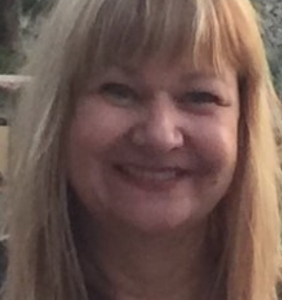Public comment on the progress of the stormwater Detention and Volume Control Trading Pilot
Thank you to President Steele and fellow commissioners for your continued leadership to addressing issues of equity and environmental impact.
I am here today on behalf of the StormStore™ founding partners, Metropolitan Planning Council and the Nature Conservancy, to share our observations from the first sixteen (16) months of the stormwater Trading Detention and Volume Control Pilot. I ask that you consider this testimony in the light of how it is delivered, with optimism for the opportunities ahead; for the benefits that will accrue to the communities you serve; for the recognition that will certainly turn to the district and commission for being leaders in incentivizing development to solve local and regional stormwater problems.
It’s true, as you will know from the memo circulated to the board, we believe that this innovative pilot program is at risk. Our one guiding metric for success of this pilot is, Number of Trades completed. Today, as I stand before you, less than two-and-a-half years from pilot close on December 31, 2024, there have been no “trades” between developers.
It’s also true, we believe this is no fault of the district staff implementing this pilot. We see their commitment to continuous improvement in today’s agenda item for the Stormwater Management Committee. These proposed amendments to the WMO will, among other important improvements, expand the number of eligible projects for the trading pilot. To that team, and to the leadership of Director Perkovich and Dr. O’Connor that empowers their work, we express our gratitude for the collaboration, problem-solving, and dedication to improvement of the current pilot and the protection of our region’s watersheds, and the people who live, work, and recreate in Cook County.
Thankfully, there are opportunities to correct course. In the last year, MPC and TNC have interacted with dozens of community members, developers, consultants, landowners, and municipal leaders and staff. Two clear messages are clear:
- Developers will use this Pilot if it saves them money, and the process is easy to navigate; and
- Communities and Municipalities will use this Pilot if they know about the program, and assurances are in place to guarantee the voluntary offsite facilities they build will be purchased following completion.
Within each of these message are barriers to participation, and we believe there are four actions the board can take now:
- Establish a full-time staff position dedicated to the success of the pilot; a position we believe is clearly aligned with the strategic initiatives to increase and diversify strategies of community engagement.
- Direct staff to identify a pathway to providing financial incentives for pilot participation: Whether this be through removing legal barriers to MWRD providing these incentives, or through partnership, this is essential work.
- Increase public awareness of the pilot, by directing staff to expand community engagement strategies and provision of technical and layperson trainings and events.
- Request regular evaluation of pilot, including such metrics as might detail level of public education and outreach, progress towards trades, and impact within the watersheds.
If you look at the success of similar utility-led efforts, you will see a consistent thread: Leadership supported staff to innovate and respond to needs of program participants.
